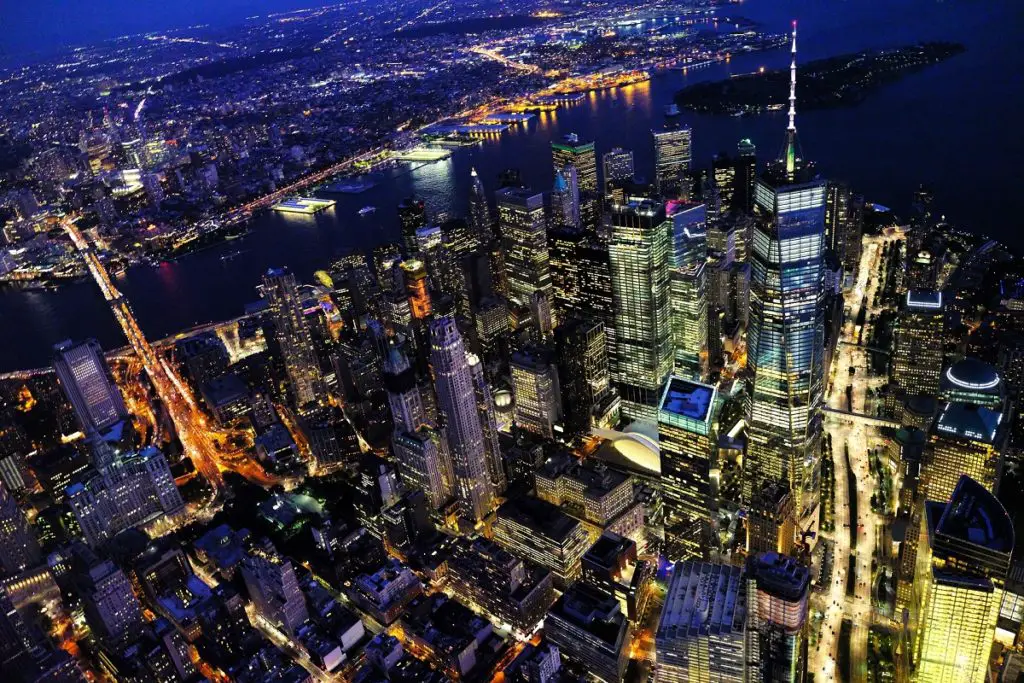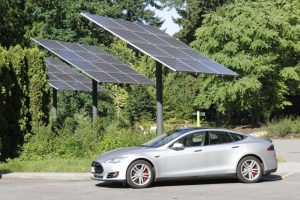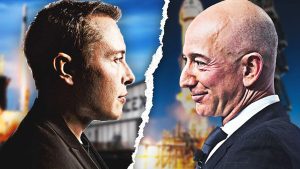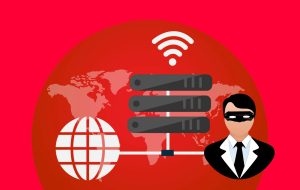New research says hackers could bring entire cities to a complete standstill by disabling self-driving cars. Are the streets of the real world ready for fully autonomous vehicles?
Several automakers have claimed self-driving cars will ease traffic congestion and make roads safer for everybody. Previous research appears to prove them correct, for the most part.
However, none of the previous experiments addressed the effects of a large-scale hack in an urban setting.
That is, until now.
New research suggests that hackers can bring entire cities to a devastating standstill just by commandeering a number of self-driving cars.
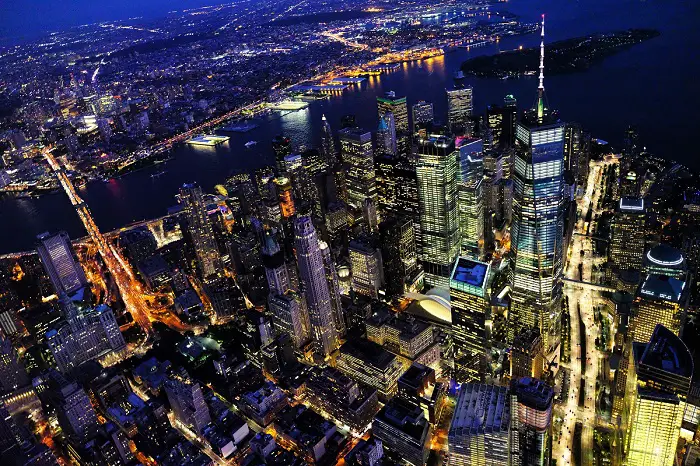
“Especially Concerning…”
Using computer simulations, scientists from the Georgia Institute of Technology found that disabling just 10 to 20 percent of cars during rush hour would gridlock Manhattan.
Peter Yunker, who leads the research team, says the resulting traffic jam wouldn’t just be “bad traffic.” It is likely to create total chaos!
“You have complete fragmentation of the city,” Yunker says. “This is especially concerning for emergency responders such as EMTs and firefighters who cannot reach their destinations to respond to an emergency.”
The Math Proves It
Experts have long warned that hackers can hijack automated driving systems with no more than a laptop and an internet connection. The researchers had set out to learn what would happen if hackers stopped several cars simultaneously.
The investigators found that as self-driving cars are hacked and disabled, clusters of roads became completely inaccessible.
Even more striking, traffic stopped and flowed according to known scientific principles!
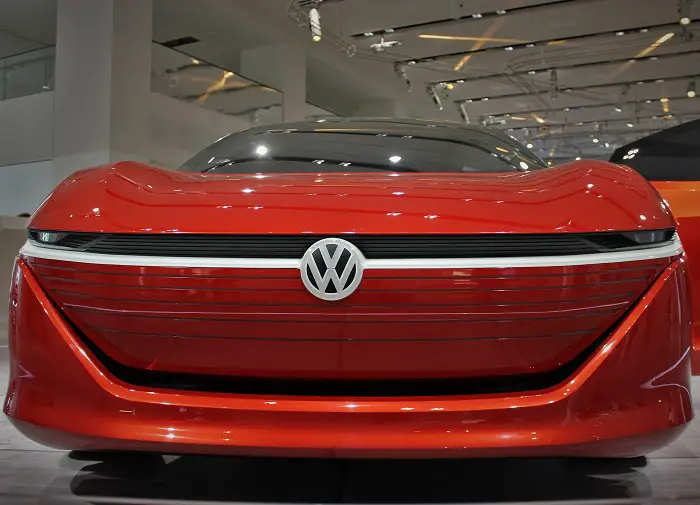
Mitigating Risks
The percolation theory is a mathematical approach based on the statistical analysis of networks. The team discovered that by using the theory, they could simulate how a large-scale hacking would affect New York City in real time.
“It becomes impossible to get from point A to point B,” says Yunker of the results. “You are completely surrounded by blocked roads.”
But the analysis helped the team to develop a risk-mitigation strategy. They said multiple networks for self-driving cars will reduce risks. Such networks, they claim, would decrease the number of autonomous cars that can be hacked in a single intrusion.
“If no more than, say, five percent of connected vehicles were compartmentalized to the same network or utilized the same network protocols, the chance of citywide fragmentation would be low,” says team member Skanda Vivek.
Are the roads of your neighborhood ready for the next revolution in autonomous vehicle technology?

